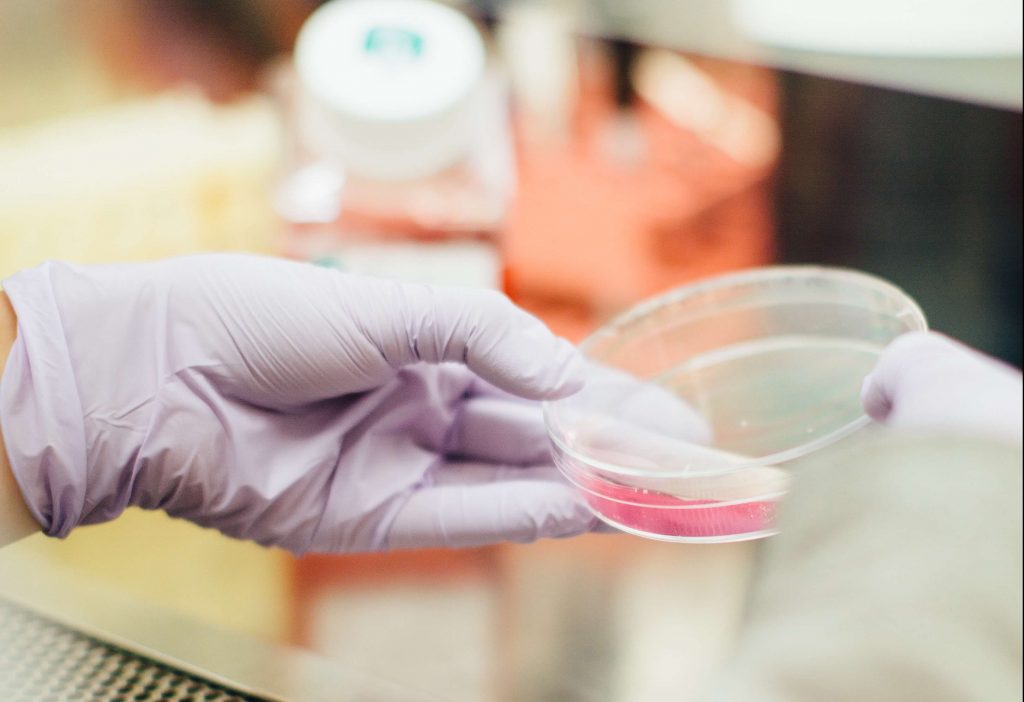Research from the University of Alabama at Birmingham has recently uncovered more on the cancer-fighting power of a plant-based diet. In this study, specifically, researchers found that vegan food could transform lethal breast cancer in mice into a treatable form. Simply, this data suggests that removing meat and other animal products from one’s diet can reduce the potency of breast cancer AND that one ingredient, in particular, may be the key.
Trygve Tollefsbol, Ph.D., D.O., professor of biology in the College of Arts and Sciences spoke about the significance of this research, particularly for more aggressive forms of breast cancer. ER-negative breast cancer is estrogen receptor negative, which means that it can’t be treated with hormone therapy, limiting a person’s options. “Unfortunately, there are few options for women who develop ER-negative breast cancer,” Tollefsbol said. “Because of the poor prognosis this type of cancer carries, new advances in prevention and treatment for ER-negative breast cancer have particular significance.”

The researchers found that certain compounds in our everyday diet could be used to turn ER-negative breast cancer into ER-positive breast cancer, giving back many of the recovery options originally lost with the ER-negativity. One example of a powerful food combo, in this case, was broccoli sprouts and green tea. When brought together, these two are not only healthy but also powerful cancer fighters.
Through all of this science, Tollefsbol leaves everyone with a simple note. “Vegetables, for example, are filled with these types of compounds. Your mother always told you to eat your vegetables, and science now tells us she was right.”
This data was a product of animal testing. The Physicians Committee for Responsible Medicine is a leading opponent of animal testing, which they say is cruel, outdated, and not helpful for the advancement of science. Animals are not numbed or put to sleep before being experimented on, meaning they feel everything. Mice feel pain like any other animal and have been shown through many studies to possess empathy for others. Millions of mice and other animals are killed every year for animal testing.
Many argue that non-animal testing methods are more expensive when they can often be less expensive. This belief is, more or less, a product of the status quo, which many in science struggle to break from. However, with the advancement of plant-based data, it’s possible that people will reconnect to their empathy and compassion, meaning that one-day animal testing may be moved to the past rather than the present and future.


